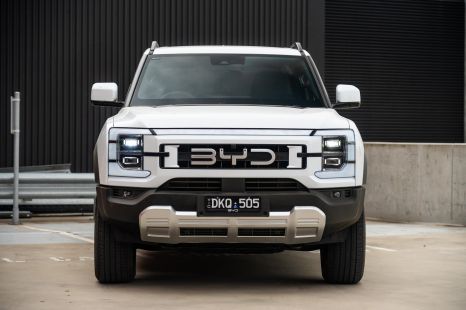

Max Davies
BYD deals bring drive-away savings for Sealion 6, Sealion 7 and Shark 6
22 Minutes Ago
Opposition is mounting to the European Union's proposed ban on new petrol and diesel vehicles from 2035, with calls for an exemption for e-fuels.

News Editor


News Editor
Germany isn’t the only European Union member to object to a proposed 2035 ban on new petrol and diesel vehicle sales.
Reuters reports the transport ministers of Germany, Italy, Czechia, Hungary, Poland, Romania and Slovakia met on Monday to discuss their objections to the plans.
The same bloc, plus Portugal, has also expressed opposition to proposed Euro 7 regulations set to come into effect in 2025, criticising “unrealistic” deadlines and burdensome costs.
German Transport Minister Volker Wissing said his government is in talks with Brussels to seek a resolution “as soon as possible” before it can sign off on any deal regarding the 2035 ban, citing a need for urgent changes.

“A ban on the combustion engine, when it can run in a climate-neutral way, seems a wrong approach for us,” Mr Wissing said, speaking on behalf of the group of nations objecting to the ban.
“We do not want to stop things, nor do we want them to fail in the end.
“We want the regulation to succeed — we need climate neutrality — but we have to remain technology-open, anything else is not a good option for Europe.”
Germany wants a separate category of combustion-powered vehicles to be allowed on sale beyond 2035, provided they can run on synthetic, carbon-neutral e-fuels. German firms Volkswagen and Porsche are currently working on e-fuels.

Bloomberg earlier this week reported word from internal sources saying the EU is offering Germany a promise that it intends to provide further clarification on how such fuels could potentially be used beyond 2035.
The EU hasn’t provided any specific timeline for providing the revised proposal to Germany and the other member states, but Bloomberg speculates that it won’t be before EU elections next year due to the lengthy process of passing regulation in Brussels.
Bloomberg’s anonymous source suggested the proposed amendment would modify the regulations dictating the types of vehicles permitted on European roads to allow certain cars that exclusively run on e-fuels, even after the upcoming ban on new combustion engine cars is enforced.
Additional technologies or fuel additives would potentially need to be integrated into new vehicles to prevent them from using prohibited fuels beyond the 2035 deadline, as e-fuels have an identical molecular composition to traditional fuels.
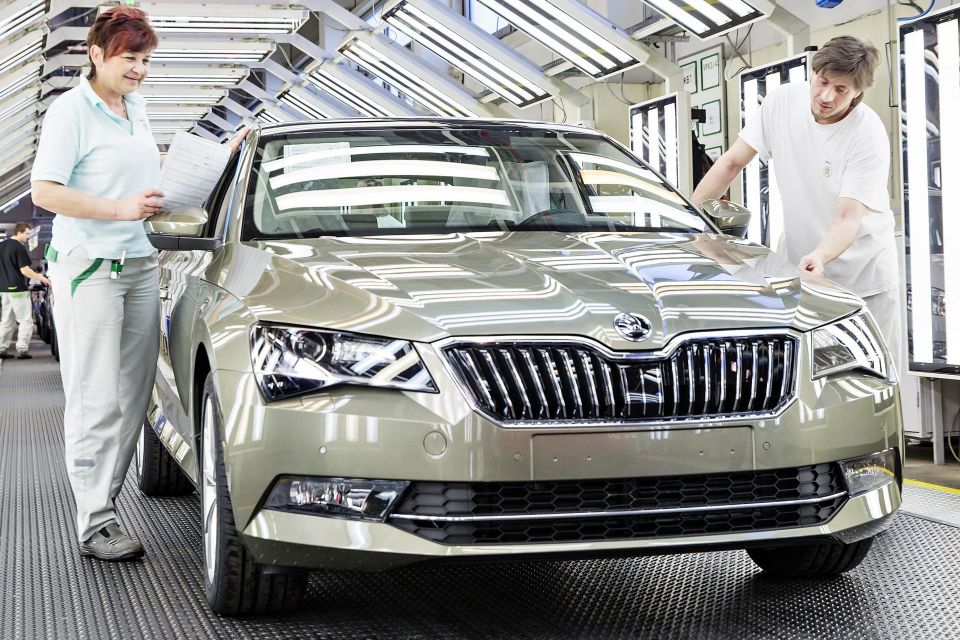
The 2035 ban is based on the average lifespan of a vehicle being 15 years, and therefore supports the goal of a carbon-neutral transport sector in Europe by 2050.
Czech Transport Minister Martin Kupka said the European Commission may table a legally binding proposal on e-fuels over the coming weeks.
Also publicly staking out a position against the proposed ban is Italy.
“Italy has a very clear position – electric [cars] cannot be the only solution for the future,” Italian Energy Minister Gilberto Pichetto Fratin said in remarks reported by Reuters.
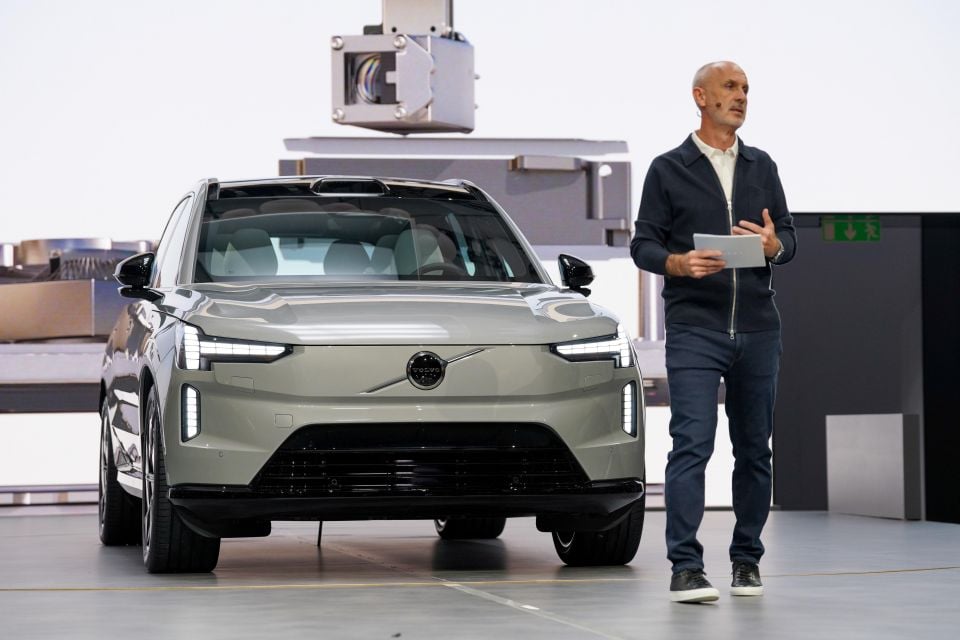
Volvo Cars CEO Jim Rowan, whose brand has committed to going EV-only by 2030, has criticised the various nations’ objection to the ban after the European Parliament had reached an agreement on setting such a target last year.
“The Parliament confirmed this agreement on 14 February. Member States were supposed to do the same in early March,” said Mr Rowan.
“However, now a few of them are attempting to derail the process. This is a deeply worrying and disappointing development.
“Now is not the time for backtracking and blocking of science-based climate targets for our industry. Now is not the time to put domestic political interests ahead of the health and welfare of our planet and EU citizens, and indeed of future generations.
“Now is the time for strong, decisive and progressive policy and leadership.”
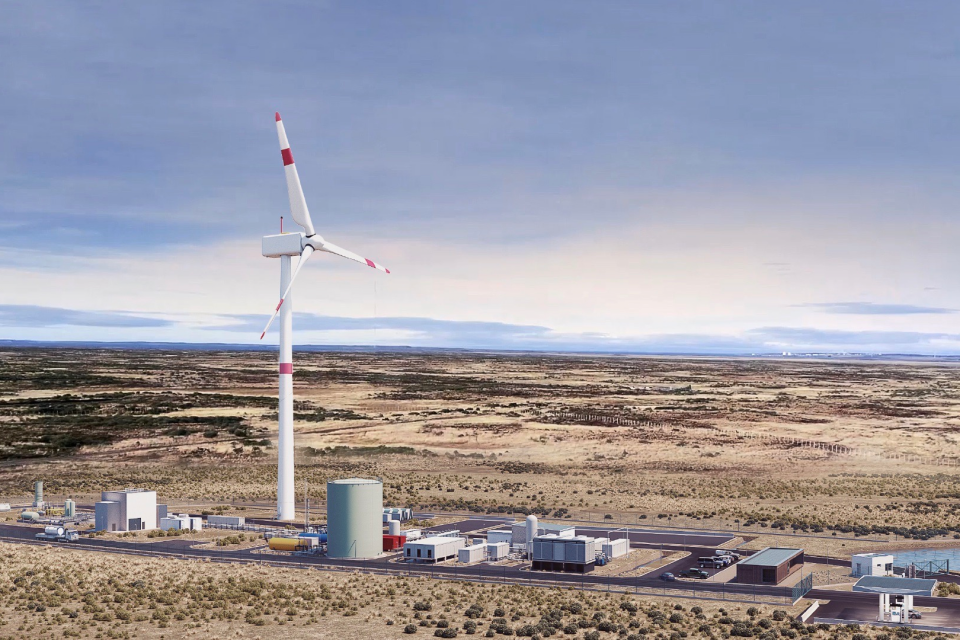
Germany threw a spanner in the works of the EU’s plans earlier this month, leading the body to delay a March 7 vote on the legislation.
E-fuels, or synthetic fuels, recapture atmospheric carbon dioxide emissions during the production process, offsetting the emissions released when the fuel is burned by a vehicle to allow for close to net-zero emissions.
German automaker Porsche has invested heavily in synthetic fuels, opening a production facility in Chile last year and planning to also start production in Tasmania by 2026.
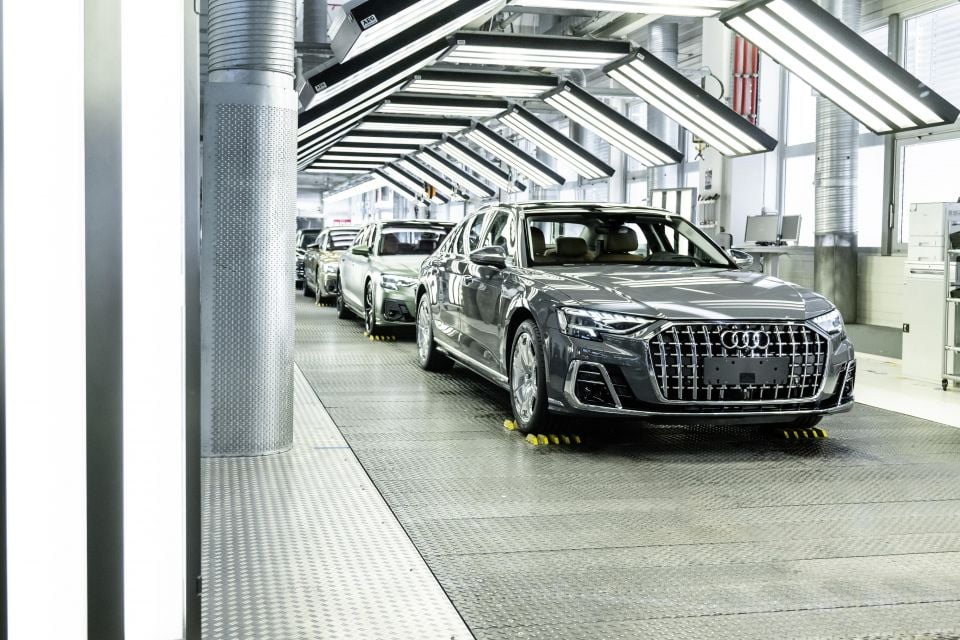
As the European Commission has said the transition to zero-emission vehicles is “absolutely necessary” to meet its 2030 and 2050 climate targets, it is crucial that lawmakers get a stamp of approval from all member states.
As Germany is the largest car market in Europe, its reluctance to embrace the ban highlights the difficult balance that the EU must strike between economic interests and environmental concerns going forward.
According to the German Association of the Automotive Industry, the German automotive industry produced 3.4 million cars and commercial vehicles in 2022 and employed around 800,000 people.
Audi has said it will phase out combustion engine vehicles by 2033 in favour of battery electric vehicles, and Mercedes-Benz will be electric-only by 2030 “where market conditions allow”.
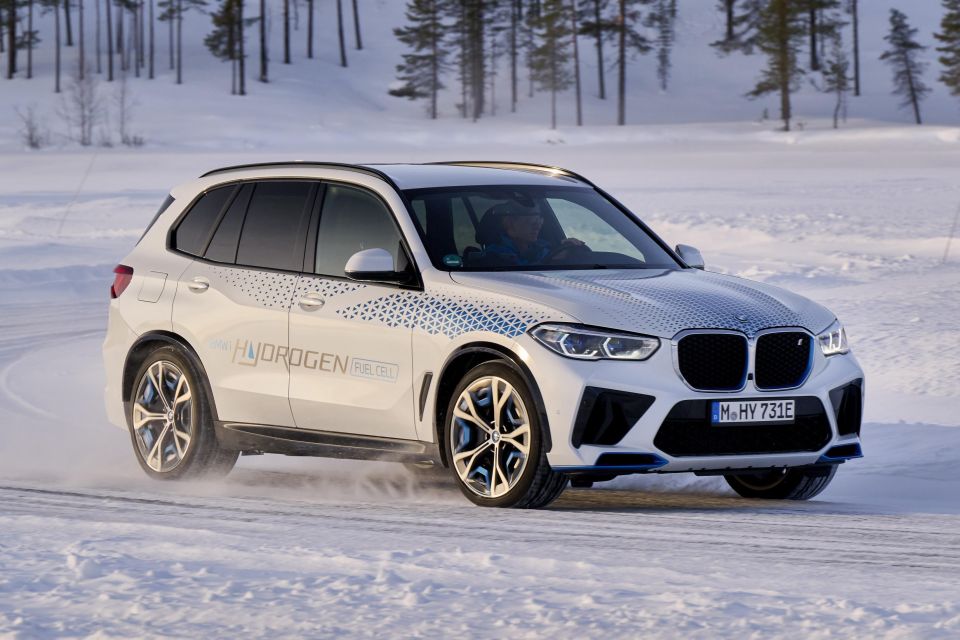
However, BMW is a German brand that has shown it is looking beyond an EV-only path, particularly exploring the viability of hydrogen fuel cell electric vehicles (FCEVs) such as the iX5 SUV.
BMW chairman Oliver Zipse said, “To say in the UK about 2030 or the UK and in Europe in 2035, there’s only one drivetrain, that is a dangerous thing.”
The ‘Fit for 55’ package, which includes the 2035 ban on combustion vehicles, claims to contribute to the European Union’s overall climate objectives for 2030 and 2050 by directing the automotive industry towards low- and zero-emission technologies and making it more feasible for consumers to adapt said technologies.
MORE: Europe details petrol/diesel ban from 2035, with low-volume supercar exemption
William Stopford is an automotive journalist with a passion for mainstream cars, automotive history and overseas auto markets.


Max Davies
22 Minutes Ago
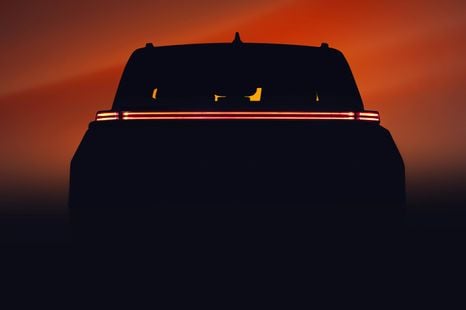

Damion Smy
52 Minutes Ago
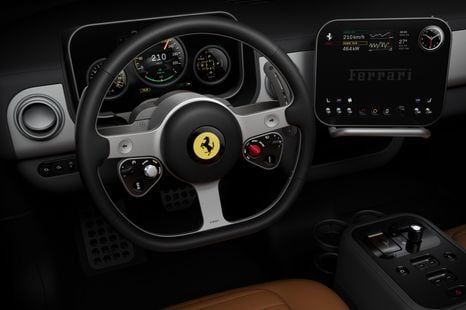

William Stopford
58 Minutes Ago
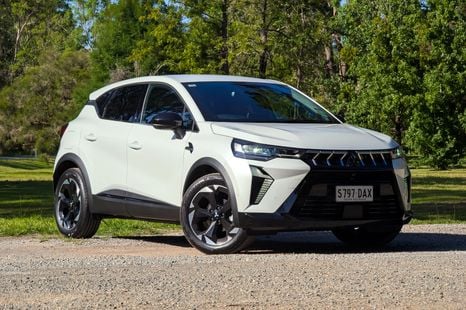

William Stopford
1 Hour Ago
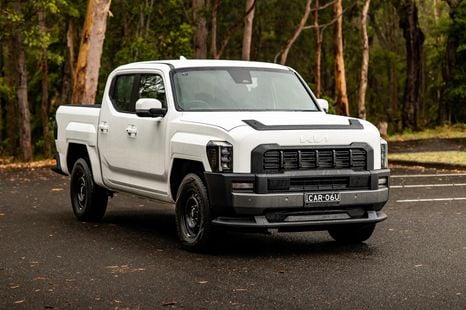

Damion Smy
3 Hours Ago
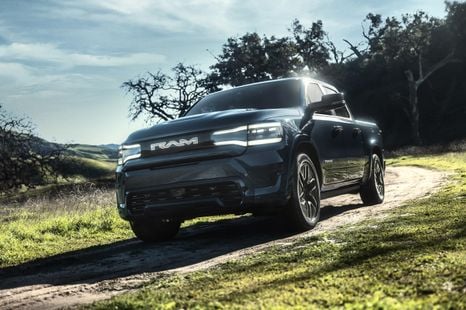

Derek Fung
7 Hours Ago
Add CarExpert as a Preferred Source on Google so your search results prioritise writing by actual experts, not AI.